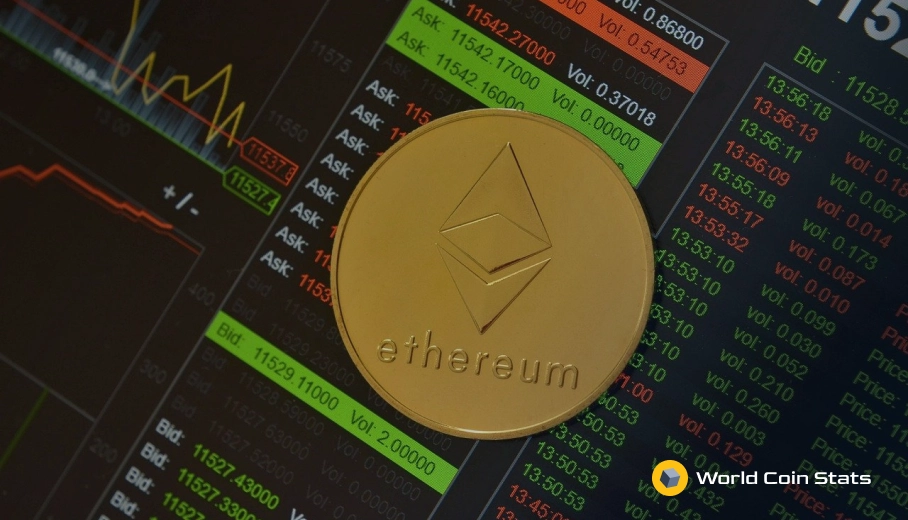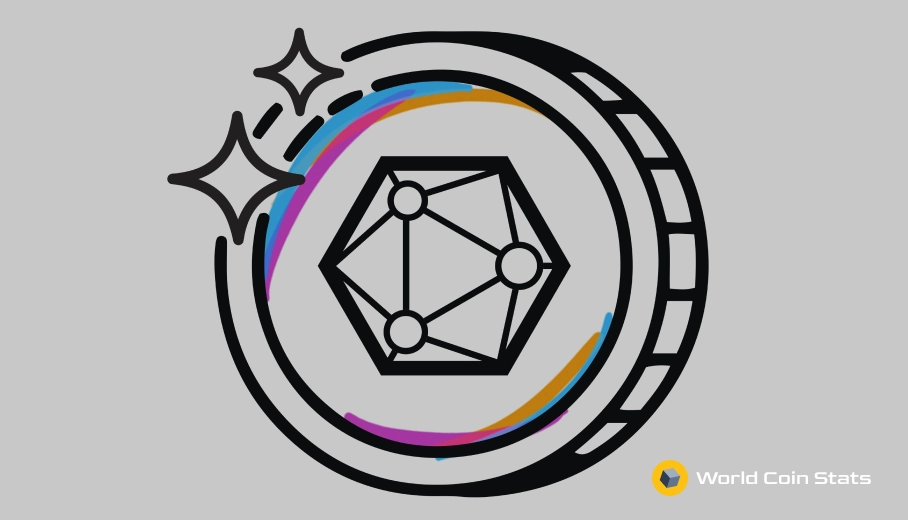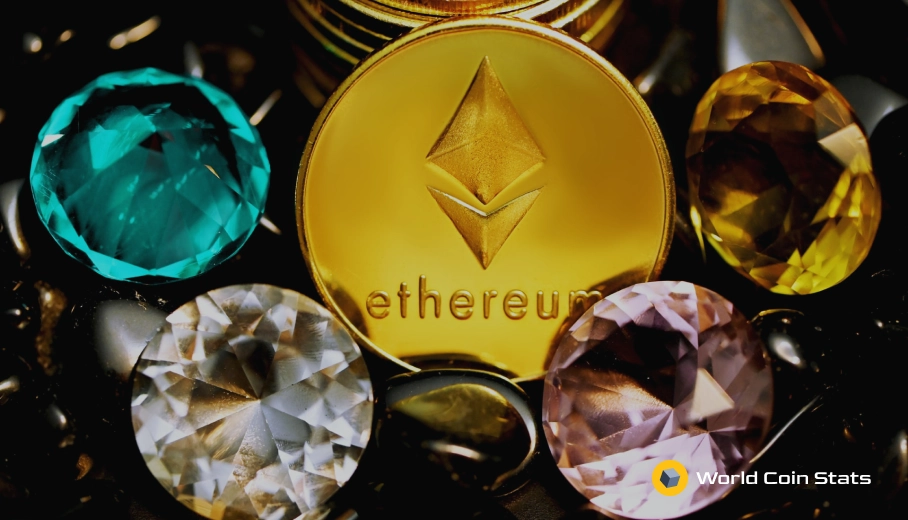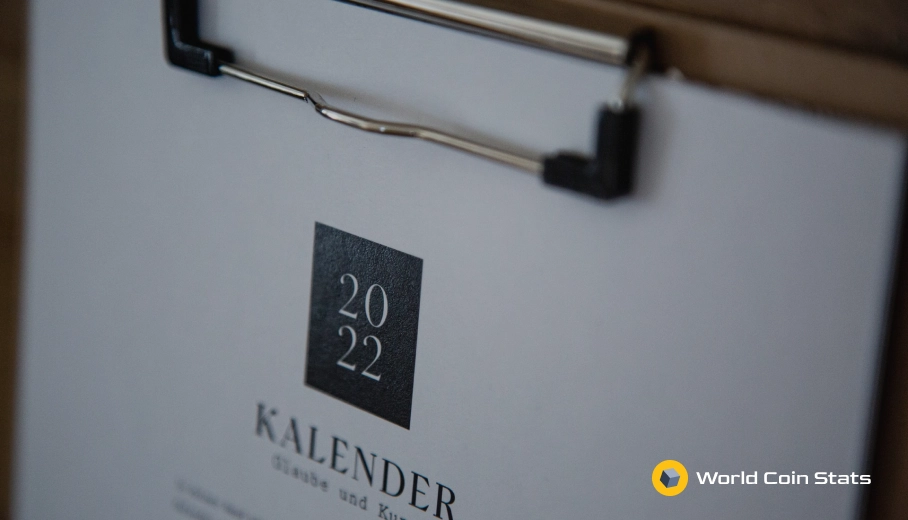The Most Interesting DeFi Crypto Projects
Decentralized finance (DeFi) is changing the cryptocurrency and finance landscape by eliminating the centralization of finance and cryptocurrency. Many projects have emerged over the past few years that have focused on building decentralized platforms called dApps on the Ethereum platform.
This article will cover some of the most interesting DeFi projects on the Ethereum platform.
Contents
DeFi Projects
Here is our list of the most interesting DeFi projects. This list will cover a wide variety of different DeFi projects in different categories.
Chainlink (LINK)
Chainlink is the largest DeFi project by market cap with a market cap that exceeds $4 billion. The whole purpose of Chainlink is to provide a decentralized source for the data used to complete a smart contract.
A decentralized source of data eliminates potential abuse from a centralized, so Chainlink is a very important project.
It’s especially important because smart contracts power the entire DeFi cryptocurrency scene. This means that Chainlink is well positioned to become the backbone of DeFi.
You can invest in Chainlink by investing in its token LINK. The token is used for governance decisions and has exploded in value over the past year with a rise of almost 5000% from its inception.
Maker (MKR)
Maker is a platform used for DeFi loans, but that’s not the true purpose of Maker.
The purpose of Maker is to maintain a stablecoin called DAI at a $1USD to 1 DAI ratio. It does this by allowing users to issue loans and borrow DAI with Ethereum as collateral at 1.5 ETH to 1 DAI ratio.
This actually increases the price of ETH and DAI.
Maker also has a token called MKR, but it is not typically used for loans due to its volatile price. MKR is typically used for staking or by users that want to be able to vote on the direction of the Maker project.
In terms of popularity, Maker is the most popular DeFi lending platform. This is mostly due to the collateral loans and the trustworthiness of the DAI stablecoin.
Bancor (BNT)
Bancor is simply a decentralized platform that allows users to trade their tokens for other tokens without going through a cryptocurrency exchange.
It’s an interesting project because it solves a huge problem with cryptocurrency – no one likes having to deposit their tokens on an exchange, pay the fees, swap the tokens, and likely lose value in the exchange.
Bancor works by holding various ERC-20 tokens in a vault with a smart contract. If a user wants to exchange one token for another, then the smart contract is fulfilled and the tokens from the vault are placed in the user’s wallet in exchange for the token they wish to swap.
It’s all protocol based, which makes it more secure than a cryptocurrency exchange.
DAI
DAI is simply the stablecoin that is mostly used on Maker. Maker is obviously the most popular exchange, which has greatly increased the popularity of DAI.
Now, what makes DAI special is that it’s a stablecoin pegged to the USD via Ethereum, rather than fiat currency, backing it up.
DAI is the most popular stablecoin on DeFi. You can think of it as the Tether of DeFi with one main difference.
DAI is decentralized and open, so you don’t need to worry about whether DAI has sufficient Ethereum to back up their peg.
Compound
In simple terms, Compound allows you to earn interest on the crypto that you have sitting in your wallet. It’s basically a DeFi savings account. Users can also borrow directly from Compound if they put up a certain amount of collateral.
The problem that Compound solves is that it allows a user to spend the earnings from their deposit. The main difference is that you can spend the earnings, but not the original asset.
This works because Compound issues their native token – eTokens – to allow you to spend the money while it’s locked in your wallet.
It’s an interesting concept. And Compound has gained a decent amount of market share with this strategy.
Dharma
Dharma is an interface that makes Compound much more user-friendly. It started out as a competitor to Compound in 2017, but it has resigned itself to being a layer.
And it’s a great product because it makes using Compound so much more user-friendly. It provides a wallet that earns interest and makes signing up for Compound as easy as opening a Facebook account.
The biggest disrupter with Dharma is that it allows a user to make a deposit with fiat currency from their bank account or credit card.
That’s huge in terms of DeFi because it allows more money to enter the ecosystem. If you use Compound, then we recommend using Dharma as a layer because of the wallet that earns interest and the simple user interface.
Augur
The simplest way to think of Augur is as a decentralized betting platform. The results of the bets are tied to DeFi smart contracts, so no central authority controls any aspect of the smart contract.
In fact, it’s a peer-to-peer platform, so users can create their own betting market around any event that has a real world result. A smart contract is then created, which fulfills after the real-world event has occurred.
Augur has a token – REP – but the token is not required to place bets. It’s only required to create an event.
Augur is also the oldest real world event betting marketplace as it was founded in 2015. It has made great strides in 2017 with the emergence of DeFi. And it has really gained in popularity during 2020 as DeFi has become increasingly popular.
0x
0x is perhaps the most interesting dApp. It’s a platform that allows the P2P conversion of any ERC-20 without using a cryptocurrency exchange.
This is one of the core purposes of DeFi – the elimination of centralized financial marketplaces.
0x works by using smart contracts connected to vaults of various ERC-20 tokens. No central authority controls it because it’s all protocol based.
Basically, a user deposits Token A into a vault, sets a smart contract for Token B, and the 0x protocol will match the user with a different user to make the swap.
As you might have guessed, liquidity has been a problem with 0x in the past. But it’s gained enough popularity over the past few years that liquidity is rarely an issue with 0x when swapping popular ERC-20 tokens.




